Hip-hop is one genre of music that is generally the hype and glitz of any thriving urban city. Really, it is a unique blend of sounds that make the heart throb and makes the ear bounce. And if there is any one thing a music lover will tell you. It is that Hip-hop is life with a garnish of gyrational rhythms and beats. More so, Chuck-D, a prolific rapper, music producer, author and activist, made a profound revelation in an interview. He said, “Hip-hop is about being who you are”. Really, this statement inspires some inner thought and just about explains what Hip-hop is. And more than anything, it is on this axis that we have seen lots and lots of hip-hop releases that continue to blaze the trail.

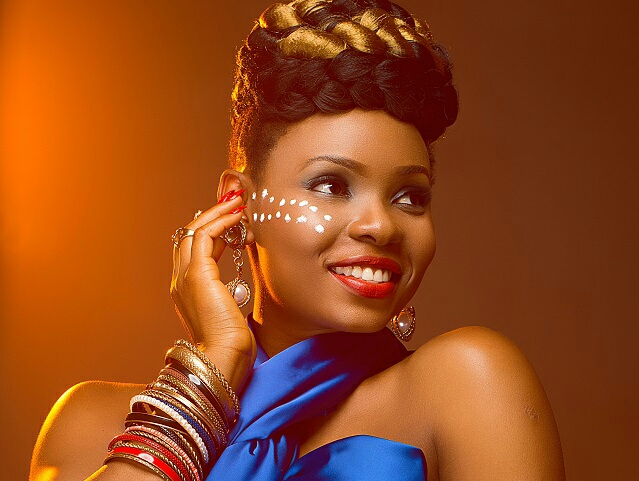 In fact, most people live and breathe hip-hop. They listen to it for as long as they can and through any such medium available. For one, most people prefer physical contacts with hip-hop artists, paying just about any amount to watch them perform on stage. But recently, the large influx of hip-hop influences has come from the online platform. So that through YouTube, SoundCloud, Spotify, Worldstarhiphop and other social networking sites, people get to download, listen to and share songs. Whatever the medium might be, VTpass, an online payment platform, grants easy and speedy access to the internet, hence, enabling you to connect to your favourite hip-hop jams. By logging on to vtpass.com, you get to buy your airtime and internet data in just three easy steps. Through vtpass.com, you can also make easy payment for your electricity bills, cable TV subscriptions and so on.
In fact, most people live and breathe hip-hop. They listen to it for as long as they can and through any such medium available. For one, most people prefer physical contacts with hip-hop artists, paying just about any amount to watch them perform on stage. But recently, the large influx of hip-hop influences has come from the online platform. So that through YouTube, SoundCloud, Spotify, Worldstarhiphop and other social networking sites, people get to download, listen to and share songs. Whatever the medium might be, VTpass, an online payment platform, grants easy and speedy access to the internet, hence, enabling you to connect to your favourite hip-hop jams. By logging on to vtpass.com, you get to buy your airtime and internet data in just three easy steps. Through vtpass.com, you can also make easy payment for your electricity bills, cable TV subscriptions and so on.
There is no need questioning the continuity of hip-hop or seeing an end to it. Because there is clearly no end. Hip-hop has seeped into our daily lives so that we might be nothing without the feverish and charismatic melodies. But then, it won’t be too out of place to find its beginning and give it a root? So then, what is the story of hip-hop, especially in Nigeria?
Generally, hip-hop started out as a culture in South Bronx, one of the five boroughs in New-york. Although it seems music is all there is to hip-hop, there are actually other facets of this culture. For one, deejaying, breakdancing, beatboxing, rapping and graffiti art are other aspects of HIP-HOP. As Ronald Savage, the son of Hip-hop movement would say,
Hip is the culture, Hop is the music.
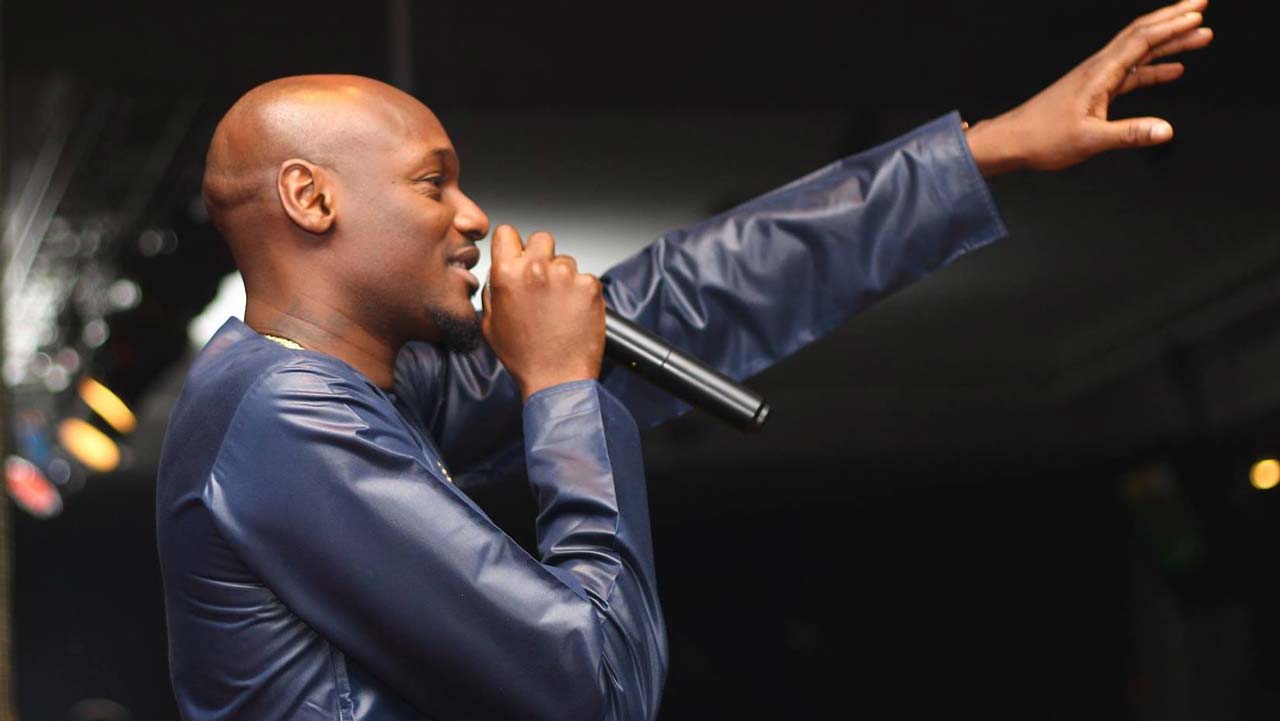
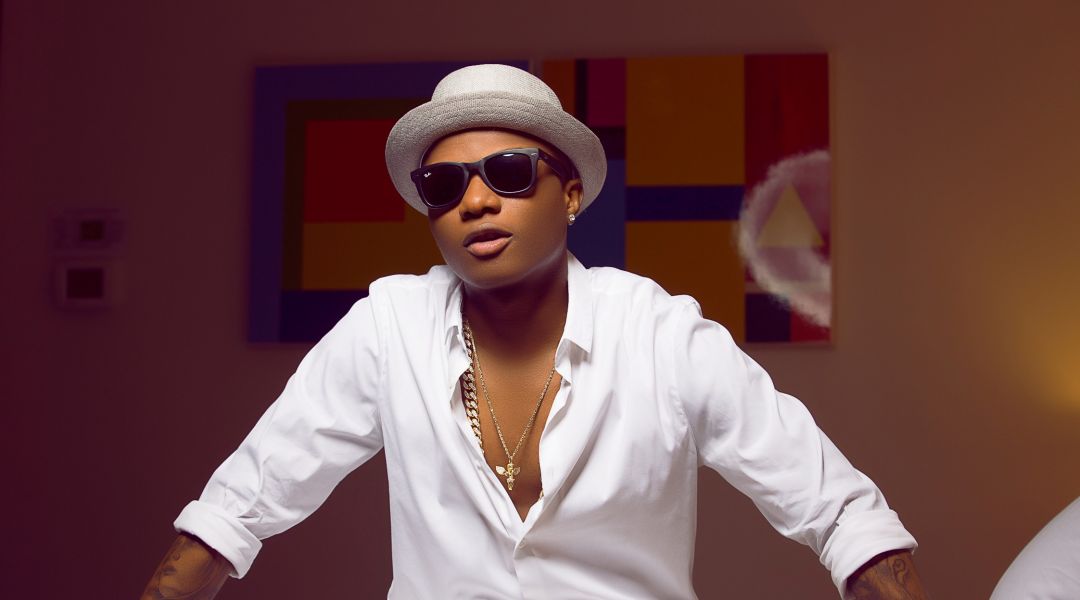 This line of art and movement started with gangs and clubs like the Puerto Rican and the Ghetto Brothers. These groups organised street events to break the prejudices and boundaries amongst African-Americans. But then, it evolved over time into something beyond space and time. What has made hip-hop hippie and popular over the years is the successful combination of styles, techniques and expertise from all over the world? For one, DJ Kool Herc, in his time, developed the key DJ techniques presently used. In the early years, there was an equally rich blend of Jamaican and other African musical styles. Also, other genres of music like R&B, Jazz, funk and disco have all come together to form the unique sound of hip-hop.
This line of art and movement started with gangs and clubs like the Puerto Rican and the Ghetto Brothers. These groups organised street events to break the prejudices and boundaries amongst African-Americans. But then, it evolved over time into something beyond space and time. What has made hip-hop hippie and popular over the years is the successful combination of styles, techniques and expertise from all over the world? For one, DJ Kool Herc, in his time, developed the key DJ techniques presently used. In the early years, there was an equally rich blend of Jamaican and other African musical styles. Also, other genres of music like R&B, Jazz, funk and disco have all come together to form the unique sound of hip-hop.
Although at first, it seemed the whole gyrational culture was done by Africans for Africans, Hip-hop is now a revving artistry that belongs to the entire world.
THE NAME
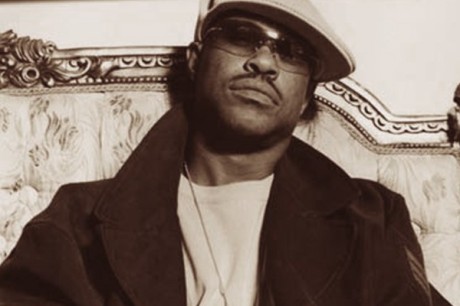 Keith “Cowboy” Wiggins, a member of Grandmaster Flash and the Furious Five, has been credited with coining the term in 1978 while teasing a friend who had just joined the US Army by scat singing the made-up words “hip/hop/hip/hop” in a way that mimicked the rhythmic cadence of marching soldiers. Cowboy later worked the “hip hop” cadence into his stage performance. The group frequently performed with disco artists who would refer to this new type of music by calling them “hip hoppers”. At first, people used it in derogatory ways but later, they associated it with the culture.
Keith “Cowboy” Wiggins, a member of Grandmaster Flash and the Furious Five, has been credited with coining the term in 1978 while teasing a friend who had just joined the US Army by scat singing the made-up words “hip/hop/hip/hop” in a way that mimicked the rhythmic cadence of marching soldiers. Cowboy later worked the “hip hop” cadence into his stage performance. The group frequently performed with disco artists who would refer to this new type of music by calling them “hip hoppers”. At first, people used it in derogatory ways but later, they associated it with the culture.
HIP HOP IN NIGERIA
In reaching the whole world, the hip-hop culture also spread its tentacles to Nigeria. How and when cannot be easily explained? But one thing is sure, Nigeria has always been an evolving site for music, culture and life. This is especially true in light of the music lovers and talented musicians that strive endlessly to make our indigenous tunes music in the ears of a global audience.
A research paper by Dr Yomi Olusegun Joseph does justice to the delineation of hip-hop as it goes down in Nigeria. He focuses primarily on the Yoruba tribe of Nigeria. Here is an excerpt:
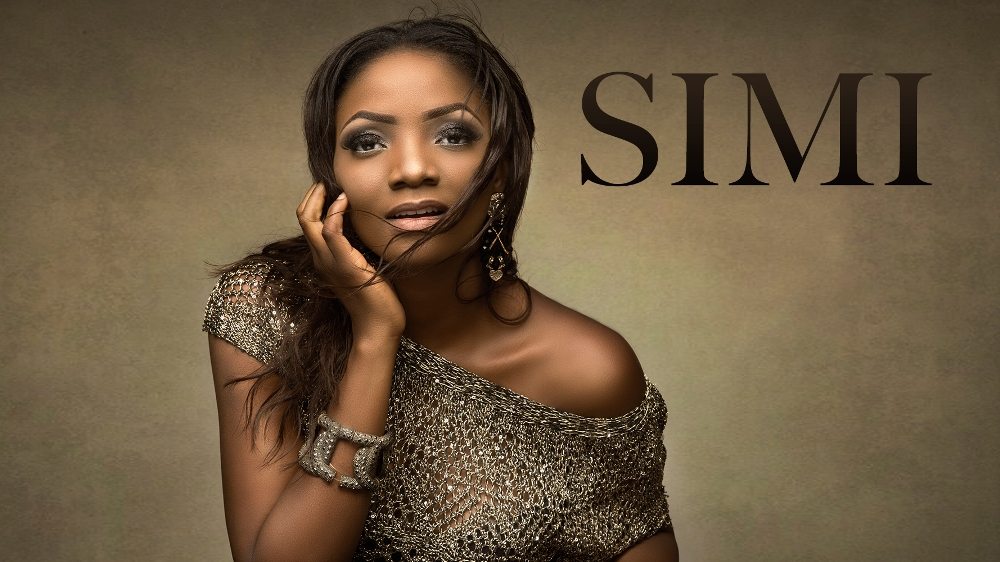
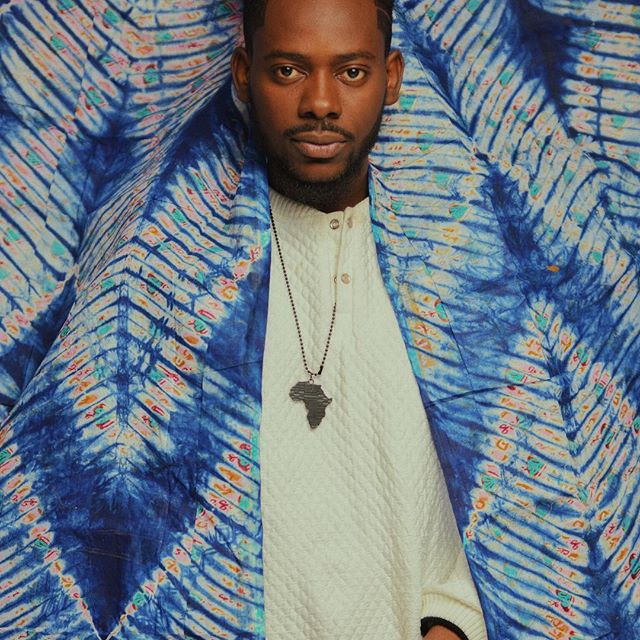
The engagement of Yoruba youth in Nigerian hip hop (also known as Naija hip-hop or gbedu) may be seen as deconstructive, interrogating the normative drawing of sociality and citizenry in the adult-Nigerian space. But this deconstructive engagement also incorporates the primary desire of every hip-hop artist to construct individual ‘respect’ and relevance in the area of imaginative experimentations and entertainment, and ultimately to attain stardom.
This factor emphasizes a major difference between the ideological origins of hip-hop in the United States and Nigeria, for while it commenced as a channel of social criticism with a racial bent in the United States, it took off primarily as an entertainment outlet in Nigeria. It later became a youth channel of social criticism and transcultural group expression. Thus, the Yoruba contributions to Nigerian hip-hop necessarily embraced the marriage of local and Western imaginative resources to breed what often alarms the adult world as Kayeefı `: a bewildering mystery.
This notionally becomes the case because traditional culture and its pillars are reduced to recycled commodities in which the sacrosanct becomes tabooed, the communal becomes eroded, the ethical becomes outlawed and the ethnic becomes ‘postponed’.
Being Nigerian, in this regard, becomes an identity that shifts towards a feeling of being global and being a citizen, since the postmodern cultural mediation of the NHHN introduces new socio-cultural values that imaginatively ‘free’ youth from the limiting socio-political boundaries of the Nigerian nation-state and mono-ethnicity. In this manifestation, the Yoruba intervention in Nigerian hip hop becomes an exercise in artful transgression. One of the ways in which this exercise is carried out is through the relocation of familiar native folk songs, pithy sayings and proverbs from their customary habitats of ethnic veneration to a playful, postmodern arena of identity in which the customary is artistically and ethically ruptured.
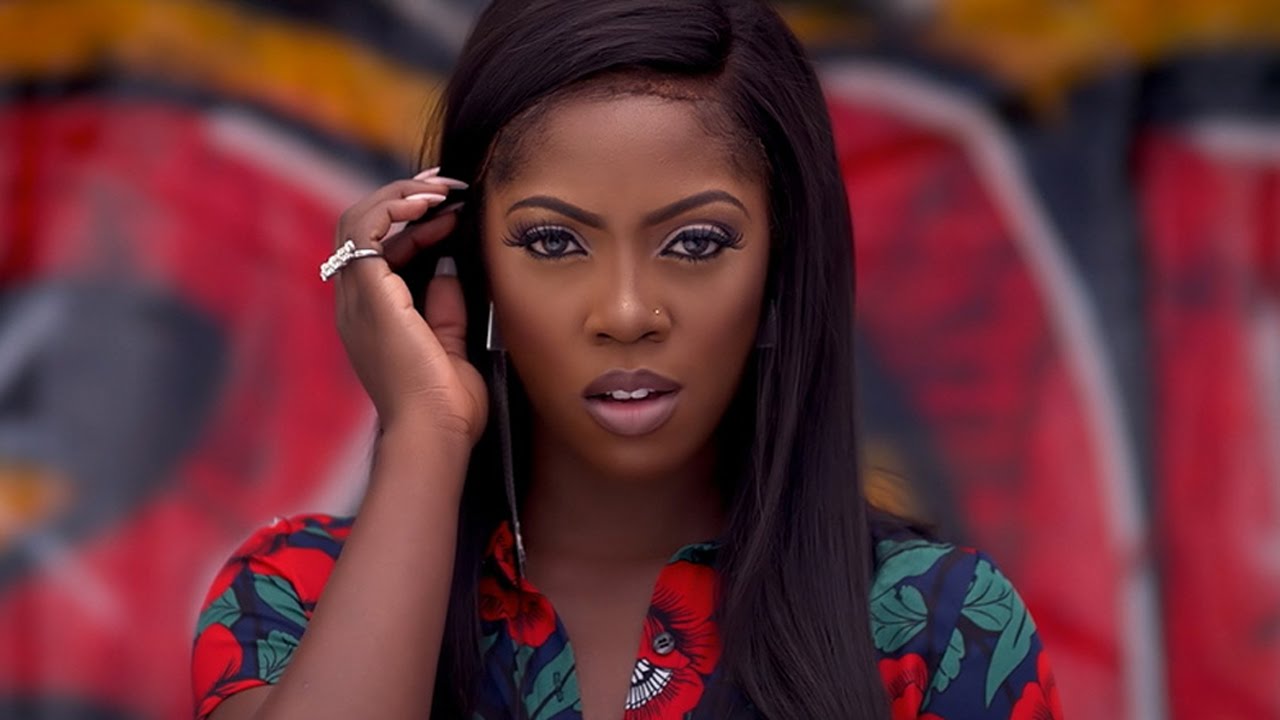
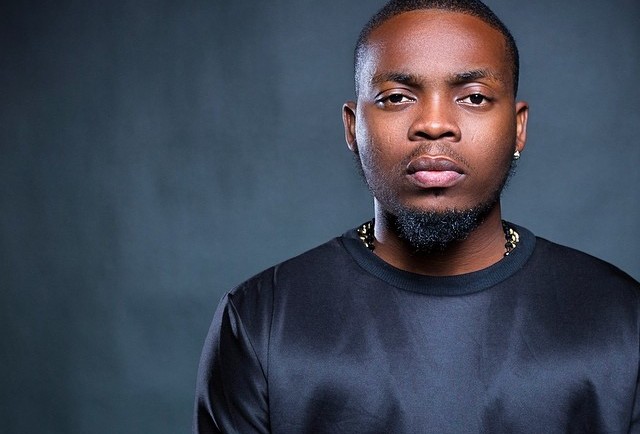 The elements of code-switching and code-mixing in this song (also common to songs by a number of Yoruba lead artists such as 9ice, D Banj, Olu Maintain, Lord of Ajasa, Weird MC, Sound Sultan, Jazzman Olofin, (the late) Dagrin, Olamide, eLDee, Davido, Bouqui, Sasha, Ara and Tiwa Savage) are statements of postcolonial ambivalence, a site which memorizes the past but insists on a transcultural identity in order to subvert the twin grand narratives of nativism and postcolonial national affiliation.
The elements of code-switching and code-mixing in this song (also common to songs by a number of Yoruba lead artists such as 9ice, D Banj, Olu Maintain, Lord of Ajasa, Weird MC, Sound Sultan, Jazzman Olofin, (the late) Dagrin, Olamide, eLDee, Davido, Bouqui, Sasha, Ara and Tiwa Savage) are statements of postcolonial ambivalence, a site which memorizes the past but insists on a transcultural identity in order to subvert the twin grand narratives of nativism and postcolonial national affiliation.
It is instructive to note that the aesthetic and discursive experimentations of the Yoruba intervention in Nigerian hip-hop and the concentration of this activity in Lagos, the former capital city of Nigeria and Nigeria’s most cosmopolitan city, has evoked a youth culture with an amazing hybrid character. This hybridity negotiates a globalized reinvention of the Yoruba language and culture usable even by non-Yoruba hip-hop stars.
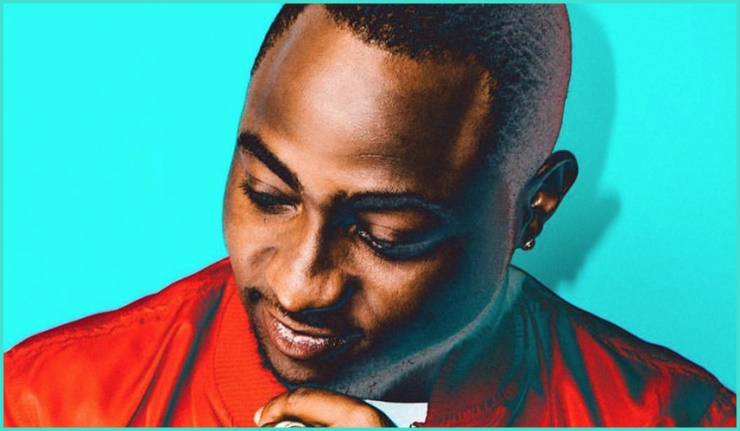 It must be noted that the mainstream language of Nigerian hip-hop is the Nigerian pidgin. However, since the Yoruba language enjoys the reputation of being largely de-ethnicized through an array of creative experimentations and transcultural social contraptions, Yoruba may well be seen as the indigenous-tongue ‘lingua franca’ of Nigerian hip-hop. This, however, does not mean that remarkable innovations do not occur in languages such as Igbo, Hausa, Efik, Idoma, and so on. Neither does it mean that Yoruba youths do not consume songs that are code-mixed and/or code-switched in English and non-Yoruba indigenous languages.
It must be noted that the mainstream language of Nigerian hip-hop is the Nigerian pidgin. However, since the Yoruba language enjoys the reputation of being largely de-ethnicized through an array of creative experimentations and transcultural social contraptions, Yoruba may well be seen as the indigenous-tongue ‘lingua franca’ of Nigerian hip-hop. This, however, does not mean that remarkable innovations do not occur in languages such as Igbo, Hausa, Efik, Idoma, and so on. Neither does it mean that Yoruba youths do not consume songs that are code-mixed and/or code-switched in English and non-Yoruba indigenous languages.
The fact, however, that most hip-hop activities and stars are based in Lagos has informed a development in which Yoruba enjoys the status of being the next most widespread and available language, coming close to Nigerian Pidgin and English. This naturally opens it up to a globalized imaginative stream of usages, which also cements youth solidarity within the Nigerian hip-hop cultural experience. Some notable non-Yoruba stars who have been known to use Yoruba in one creative form or the other include Ruggedman, Tuface, P Square, DJ Zeez, Terry G and Jesse Jagz.
Thematically, Yoruba-oriented hip hop casts itself within a geography of illimitable possibilities, ranging from the personal to the communal, from the private to the public, from the ethnic to the (inter)national, from the religious to the secular, from the subjective to the objective. Aesthetically, it explores arresting avenues of language use, proposes a synthetic relation with non-Yoruba cultures, epistemic temperaments, worldviews. It accommodates non-Yoruba participants within an arguable commonwealth of the linguistic, folkloric and philosophical hemisphere.
So this is quite an academic paper, one that is theoretical in nature. It goes a long way to show the kind of vibe that reels around the hip-hop world. Always stay on to your favourite hippie songs with vtpass.com. VTpass allows you convenience in paying for all and any of your everyday services. You can pay your electricity bills, DSTV, GOTV and STARTIMES subscriptions through vtpass.com. And you can also pay for your MTN, AIRTEL, GLO and 9MOBILE airtimes and data subscriptions on this online payment platform.


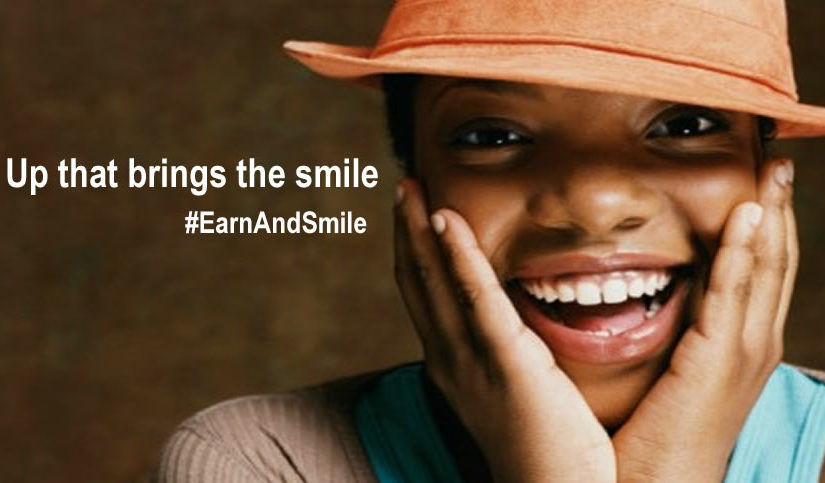









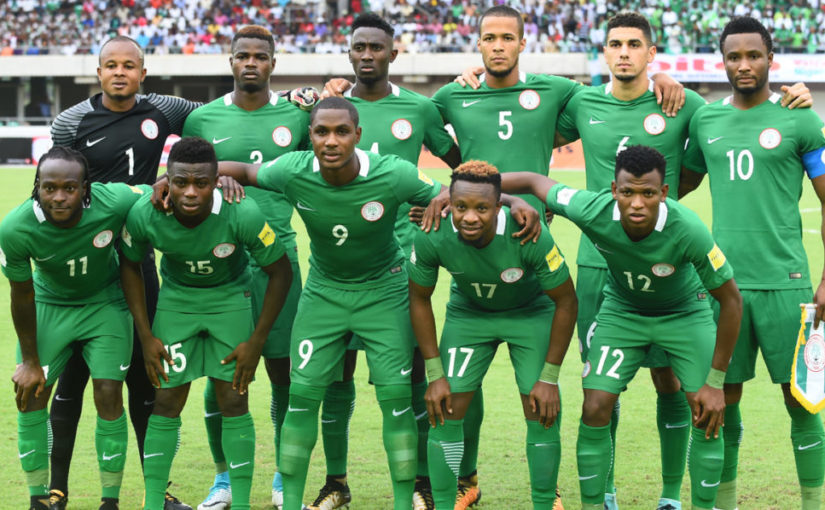
 “The well-deserved victory of the Super Eagles against the Argentine team is inspiring and worth celebrating. The Super Eagles’ players have demonstrated uncommon soccer sagacity.”
“The well-deserved victory of the Super Eagles against the Argentine team is inspiring and worth celebrating. The Super Eagles’ players have demonstrated uncommon soccer sagacity.”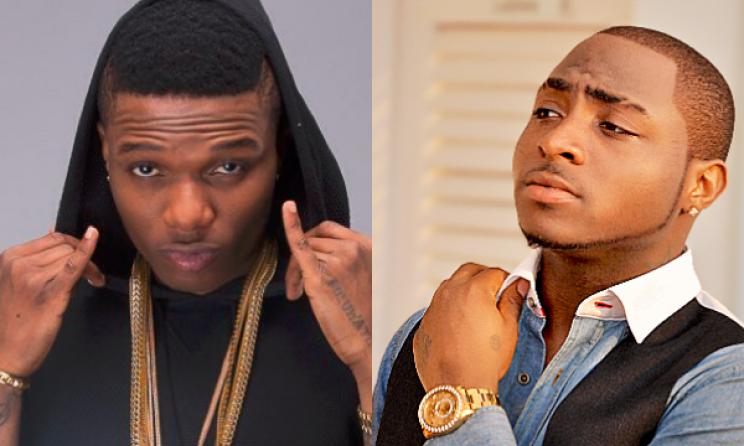

 In fact, most people live and breathe hip-hop. They listen to it for as long as they can and through any such medium available. For one, most people prefer physical contacts with hip-hop artists, paying just about any amount to watch them perform on stage. But recently, the large influx of hip-hop influences has come from the online platform. So that through YouTube, SoundCloud, Spotify, Worldstarhiphop and other social networking sites, people get to download, listen to and share songs. Whatever the medium might be, VTpass, an online payment platform, grants easy and speedy access to the internet, hence, enabling you to connect to your favourite hip-hop jams. By logging on to
In fact, most people live and breathe hip-hop. They listen to it for as long as they can and through any such medium available. For one, most people prefer physical contacts with hip-hop artists, paying just about any amount to watch them perform on stage. But recently, the large influx of hip-hop influences has come from the online platform. So that through YouTube, SoundCloud, Spotify, Worldstarhiphop and other social networking sites, people get to download, listen to and share songs. Whatever the medium might be, VTpass, an online payment platform, grants easy and speedy access to the internet, hence, enabling you to connect to your favourite hip-hop jams. By logging on to 
 This line of art and movement started with gangs and clubs like the Puerto Rican and the Ghetto Brothers. These groups organised street events to break the prejudices and boundaries amongst African-Americans. But then, it evolved over time into something beyond space and time. What has made hip-hop hippie and popular over the years is the successful combination of styles, techniques and expertise from all over the world? For one, DJ Kool Herc, in his time, developed the key DJ techniques presently used. In the early years, there was an equally rich blend of Jamaican and other African musical styles. Also, other genres of music like R&B, Jazz, funk and disco have all come together to form the unique sound of hip-hop.
This line of art and movement started with gangs and clubs like the Puerto Rican and the Ghetto Brothers. These groups organised street events to break the prejudices and boundaries amongst African-Americans. But then, it evolved over time into something beyond space and time. What has made hip-hop hippie and popular over the years is the successful combination of styles, techniques and expertise from all over the world? For one, DJ Kool Herc, in his time, developed the key DJ techniques presently used. In the early years, there was an equally rich blend of Jamaican and other African musical styles. Also, other genres of music like R&B, Jazz, funk and disco have all come together to form the unique sound of hip-hop. Keith “Cowboy” Wiggins, a member of
Keith “Cowboy” Wiggins, a member of 


 The elements of code-switching and code-mixing in this song (also common to songs by a number of Yoruba lead artists such as 9ice, D Banj, Olu Maintain, Lord of Ajasa, Weird MC, Sound Sultan, Jazzman Olofin, (the late) Dagrin, Olamide, eLDee, Davido, Bouqui, Sasha, Ara and Tiwa Savage) are statements of postcolonial ambivalence, a site which memorizes the past but insists on a transcultural identity in order to subvert the twin grand narratives of nativism and postcolonial national affiliation.
The elements of code-switching and code-mixing in this song (also common to songs by a number of Yoruba lead artists such as 9ice, D Banj, Olu Maintain, Lord of Ajasa, Weird MC, Sound Sultan, Jazzman Olofin, (the late) Dagrin, Olamide, eLDee, Davido, Bouqui, Sasha, Ara and Tiwa Savage) are statements of postcolonial ambivalence, a site which memorizes the past but insists on a transcultural identity in order to subvert the twin grand narratives of nativism and postcolonial national affiliation.  It must be noted that the mainstream language of Nigerian hip-hop is the Nigerian pidgin. However, since the Yoruba language enjoys the reputation of being largely de-ethnicized through an array of creative experimentations and transcultural social contraptions, Yoruba may well be seen as the indigenous-tongue ‘lingua franca’ of Nigerian hip-hop. This, however, does not mean that remarkable innovations do not occur in languages such as Igbo, Hausa, Efik, Idoma, and so on. Neither does it mean that Yoruba youths do not consume songs that are code-mixed and/or code-switched in English and non-Yoruba indigenous languages.
It must be noted that the mainstream language of Nigerian hip-hop is the Nigerian pidgin. However, since the Yoruba language enjoys the reputation of being largely de-ethnicized through an array of creative experimentations and transcultural social contraptions, Yoruba may well be seen as the indigenous-tongue ‘lingua franca’ of Nigerian hip-hop. This, however, does not mean that remarkable innovations do not occur in languages such as Igbo, Hausa, Efik, Idoma, and so on. Neither does it mean that Yoruba youths do not consume songs that are code-mixed and/or code-switched in English and non-Yoruba indigenous languages.
 Once a while, the service operations of the
Once a while, the service operations of the  So, this is yet another reason why tokens generation might come with a delay. As these tokens come in through email and SMS, the availability of the network come to bear on its transmission. So that a bad, fluctuating network might cause a delay in a token generation.
So, this is yet another reason why tokens generation might come with a delay. As these tokens come in through email and SMS, the availability of the network come to bear on its transmission. So that a bad, fluctuating network might cause a delay in a token generation.